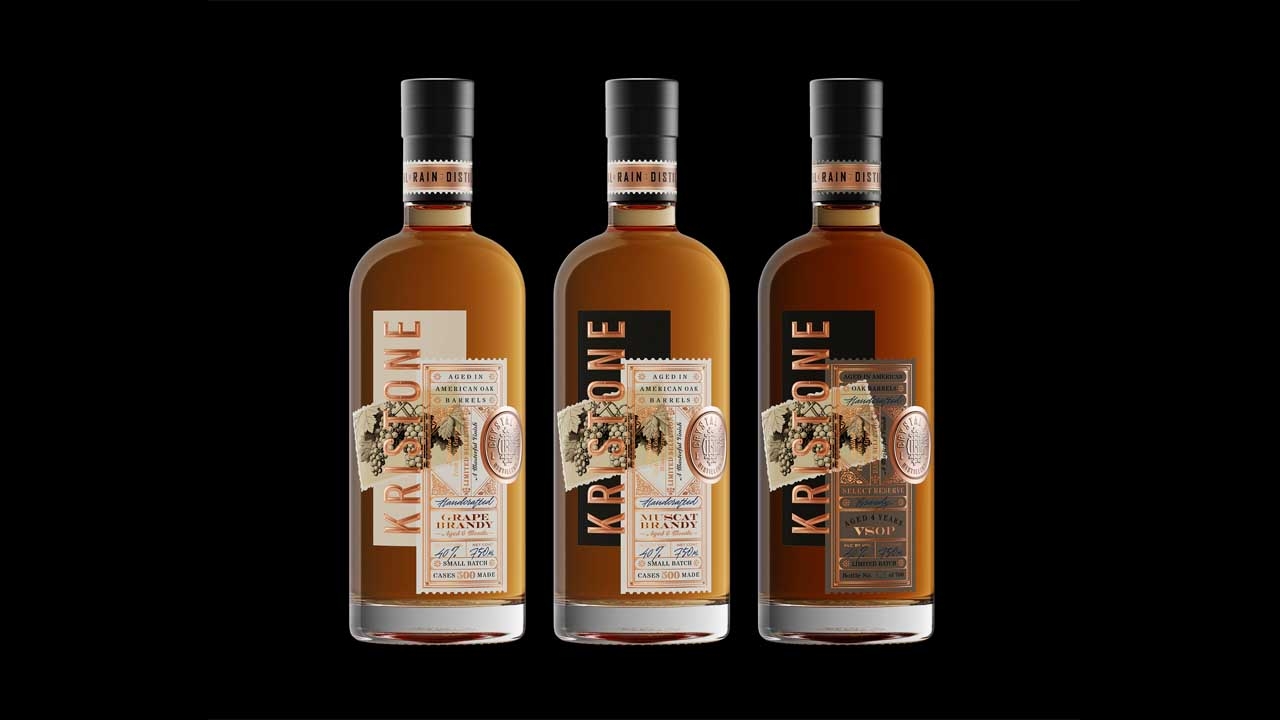Alabama converting

An Alabama converter keeps its head to the ground and is growing accordingly, writes Danielle Jerschefske
Having grown up as a farmer in the south, manufacturing labels and packaging was a foreign business for Michael Reed, president of Alliant Label, located in Albertville, Alabama. Reed founded the company in 1995 with the financial backing of executives at ColorMasters, a flexible packaging supplier also headquartered in northeastern Alabama who believed a label operation could perform well in the area under the right management. With 18 employees and 25,000 square feet of manufacturing space, Reed proudly leads the company as its sole owner.
Alliant Label, originally known as Labelmasters, got its foot in the door of the industry by making thicker stock wrap-around pressure sensitive sock bands for the one hundred or so sock manufacturers located in nearby Ft. Payne, a small town once known as ‘The sock capital of the world’ As the majority of manufacturing was moved overseas, the label converter expanded its business. It now produces pressure sensitive labels, hang tags and other packaging products with 18-20 point card stock for many industries: food and produce, pharmaceutical, personal care, shipping and warehouse, and household products.
The company is a member of the Produce Marketing Association and is certified under AIB (International Consolidated Standards) for food contact packaging production. Says Reed: ‘The produce and food market has performed well for us, as people need to eat even when the economy is down. Also, we’ve seen an uptake with these customers wanting to track and trace products and the packaging all the way down to the ink make-up and paper used for a label. We’ve had to work closely with our suppliers to deliver such information correctly.’
The converter uses two 10-inch Mark Andy presses, one 8-color and a 6-color, the latter with UV curing equipment, for most production. It also has a 13-inch Mark Andy press that is used to produce blank and 2-color labels at a competitive cost and a 7-inch Mark Andy 3 color press for small runs. For every press there’s a Rotoflex slitter-rewinder, some with a die unit in-line to give the company flexibility in finishing.
‘Every time we buy equipment, then business flourishes,’ explains Reed. The company has experienced 10-15 percent growth over the last couple of years in the wake of the economic contraction suffered by the winder economy with its ability to produce complex, custom labels using standard gear-based equipment. Using lean techniques and following stringent internal QC standards, Alliant Label can competitively produce, for example, a job for Walt Disney that requires printing on the front and adhesive side of the facestock.
The majority of labels sold are paper printed with Actega water-based flexographic inks. Depending on the end use requirements, the converter adds a glossy UV varnish for shelf impact or lamination to provide scratch resistance and extra protection. Reed says, ‘Whatever the demands, we manufacture labels to fit our clients’ needs.’
In the past, printing plates had been outsourced from South Carolina, but eventually Alliant Label acquired a plate house in Nashville, Tennessee, primarily for its own client list. Operations were moved to Fyffe, Alabama in 2007, and are currently managed by president Robert Reed, Michael’s son, as eNVIUS Graphics, a separate entity.
An Esko Artwork Spark 4835 produces plates up to 48 x 35 inches with HD Flexo technology and advanced screening. With the recent addition of MacDermid’s LUX system, the plate house can produce digital plates with smoother vignettes, sharper print, and faster press start-ups than ever before. In addition to plates for Alliant, nVIUS Graphics also produces plates for other large format flexible packaging printers.
Alliant Label supports its business by selling high quality ribbons for use with thermal printers, including wax ribbons that work especially well for shipping labels, carton labeling, and retail bags. Clients can create and print barcode labels of any size using static, serialized or database driven data since the converter distributes Zebra, Eltron, TEC, Century and Datamax. The converter offers a complete line of labeling solutions from simple manual dispensers to battery powered automatic applicators.
This Alabama converter has done well growing a small business from a niche market provider into a reliable flexographic label supplier to a variety of markets. Reed anticipates the need for more variable data printing and plans to invest accordingly. Until then, Alliant Label will continue at pace successfully serving its share of the North American label market.
Pictured: Skyline of Birmingham, Alabama from Railroad Park
This article was published in Labels & Labeling, issue 1, 2013
Stay up to date
Subscribe to the free Label News newsletter and receive the latest content every week. We'll never share your email address.

